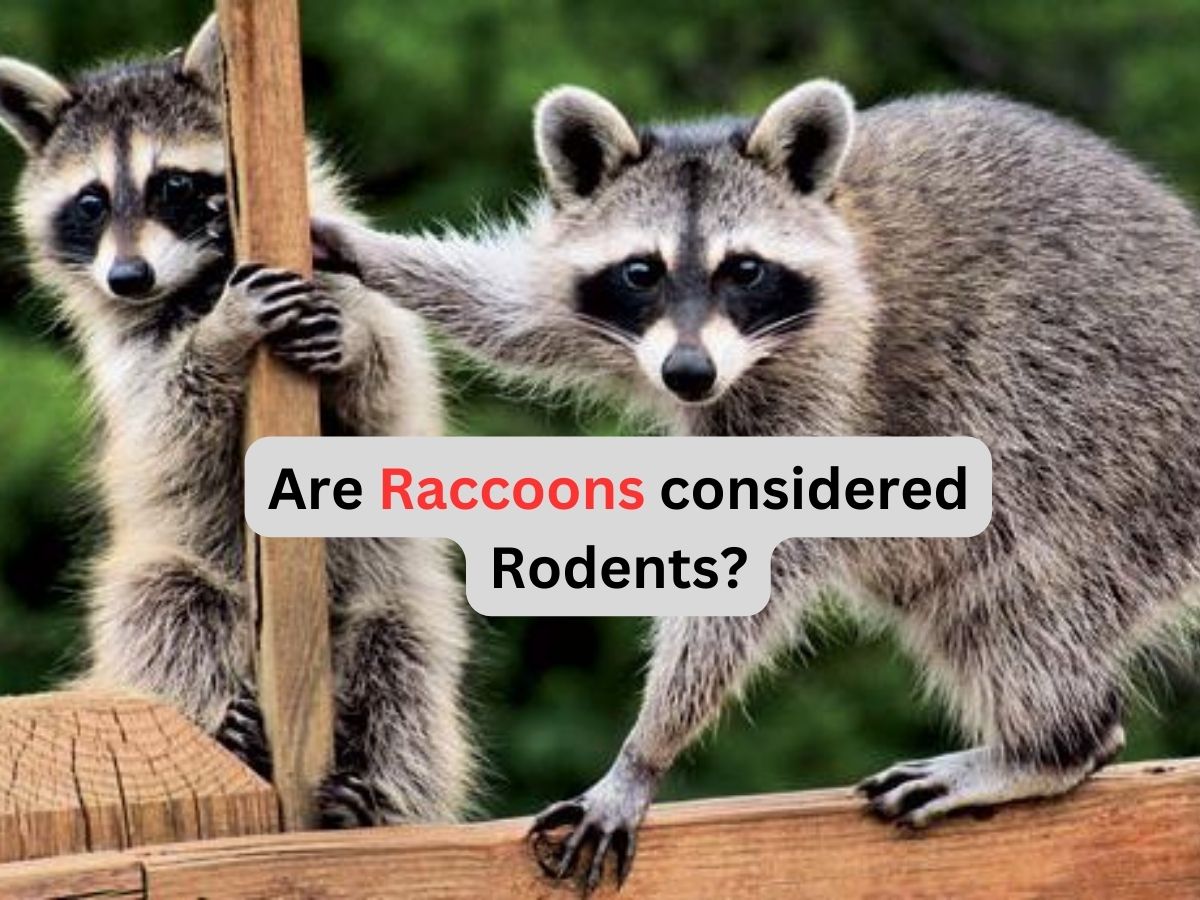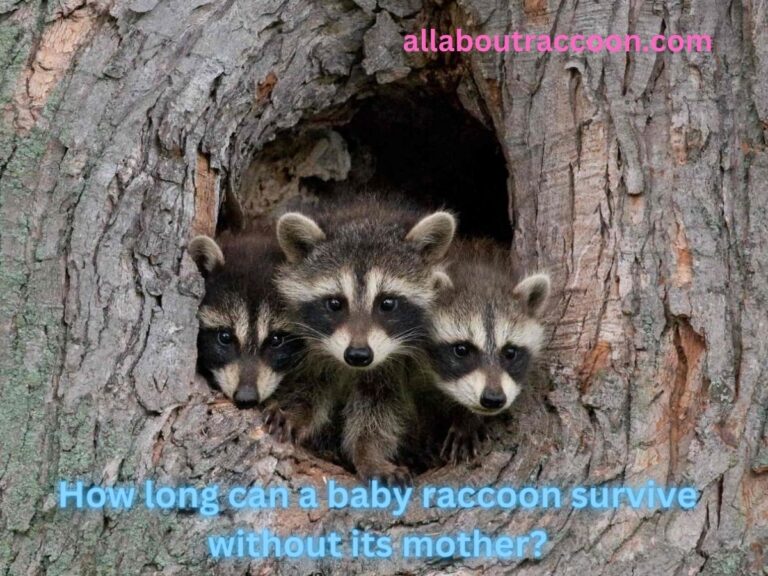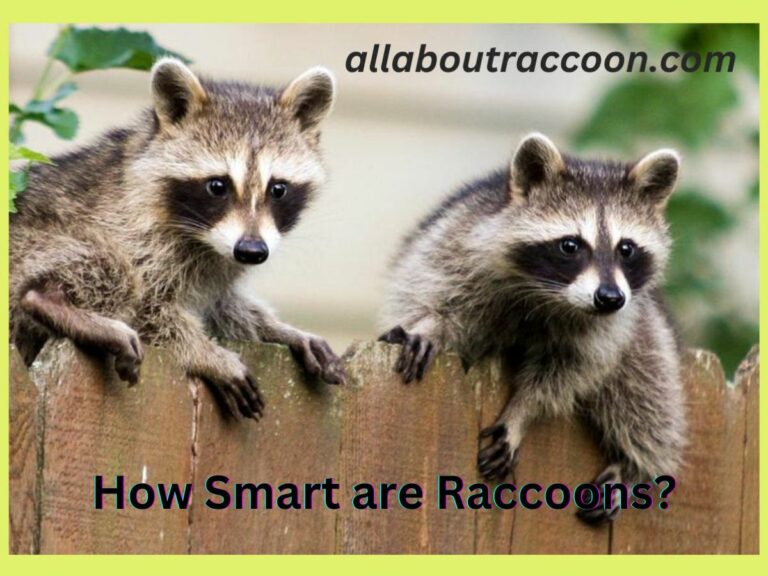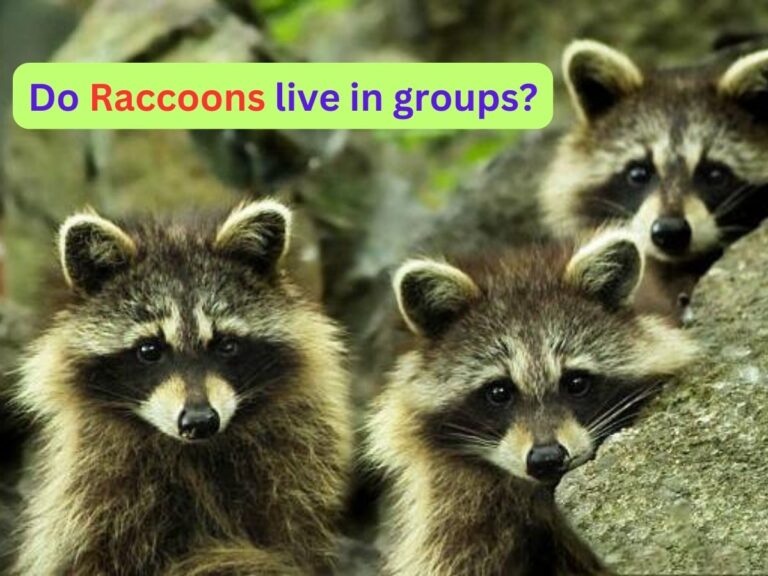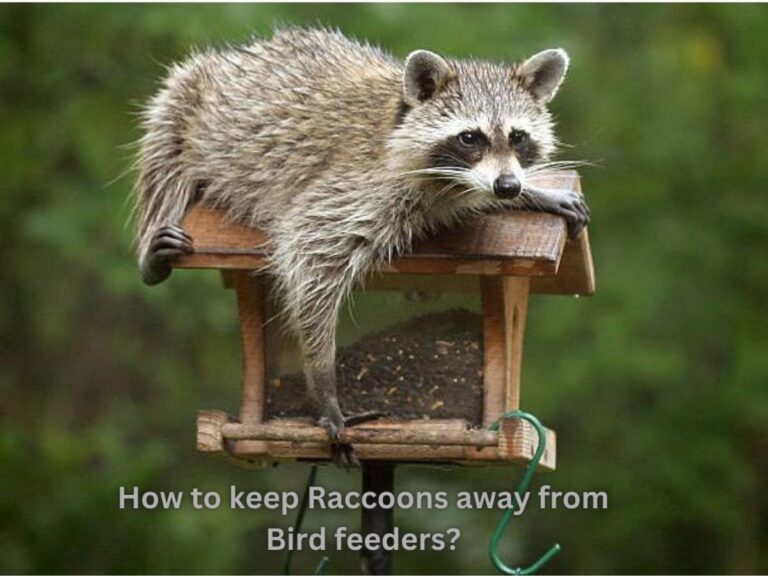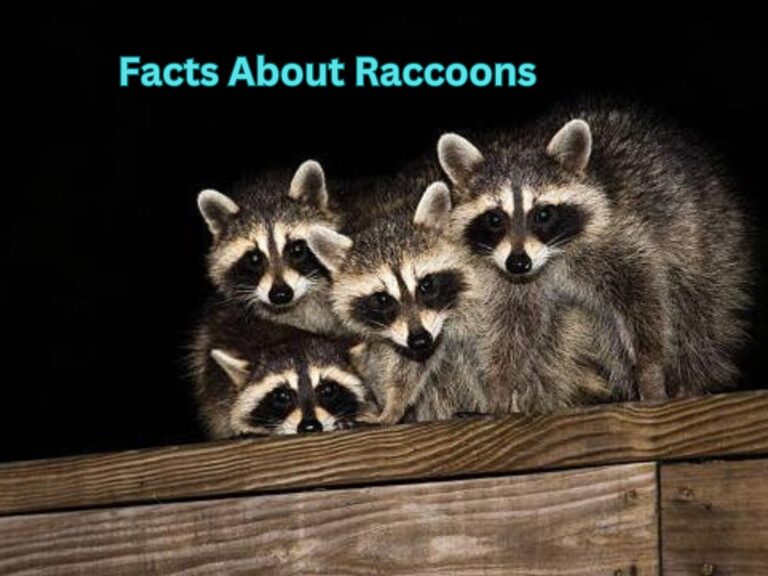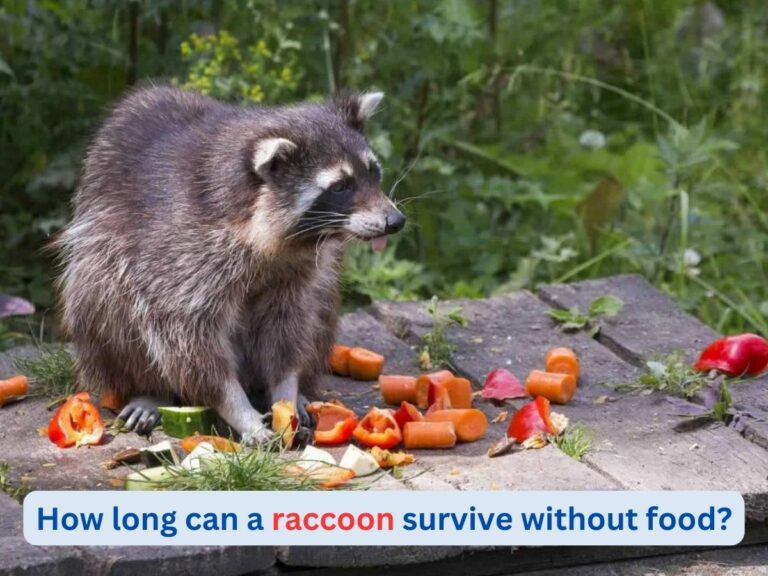Are Raccoons considered Rodents?-But Why?
Are raccoons considered rodents? Raccoons are adorable-looking creatures living in both wild and city areas of North America. These curious creatures with masked bandits and bushy tails are omnivorous and opportunistic eaters. You’ve probably spotted raccoons sneaking around your neighborhood.
Some people thought that raccoons are pests or vermin like rats and mice. It’s an intriguing question for wildlife experts and raccoon enthusiasts; whether raccoons are a part of rodents are not. This blog post is all about it. Here you will accurate and authentic information about your raccoon’s facts.
So, let’s clear up the confusion and dive into the world of these sneaky creatures to find out if they’re part of the rodent gang.
What is a rodent?
Before it we discuss whether raccoons are rodents; its too much important to know a little bit about what are rodents indeed. So, here are some common characteristics of raccoons:
- Rodents are mammals in the group called Rodentia.
- They have continuously growing front teeth (incisors) that they keep short by gnawing.
- They have stocky bodies, short limbs, and long tails. They have sharp teeth and often large ears.
- Rodents come in various sizes, from tiny mice to larger species like beavers and capybaras.
- They are found in different habitats worldwide, including forests, grasslands, and cities.
- Rodents play roles as both prey and predators in ecosystems. Some rodents, like squirrels, are known for storing food.
- Common examples of rodents are mice, rats, squirrels, beavers, guinea pigs, hamsters, porcupines, and capybaras.
- Most rodents are herbivores. They can be pests, damaging crops and structures, but some are kept as pets or have cultural importance.
Are Raccoons rodents?
No raccoons are not rodents!
Raccoons are not classified as rodents, indeed, they belong to a group called musteloids, which includes animals like weasels. Rodents belong to the Rodentia group, whereas raccoons fall under the Carnivora group. More specifically, raccoons are members of the Procyonidae family.
Although raccoons and rodents look similar with features like teeth and claws, they’re placed in separate groups in the classification system. This grouping is determined by their evolutionary past, body structure, and genetic composition.
Are raccoons considered rodents?-But why?
It’s easy to understand why some might think raccoons are rodents. After all, rodents make up about 70% of all mammal species. Therefore, it seems reasonable to include raccoons in that category.
However, it’s important to note that rodents (animals in the Rodentia family) are distinct from raccoons. Despite both being mammals, they belong to separate biological family trees. Humans share more biological similarities with rodents than with raccoons.
Both humans and rodents fall under the same larger group of mammals, known as the superorder Euarchontoglires. On the flip side, raccoons belong to the superorder Laurasiatheria. This group also includes creatures like hedgehogs, bats, and foxes.
Interestingly, the Laurasiatheria superorder includes diverse animals such as giraffes, hippos, and zebras, as well as whales and dolphins. This means a raccoon has more in common with a dolphin or whale than with a rodent!

Raccoons vs. Rodents- Similarities and Differences!
Both raccoons and rodents share some similarities and differences as described below:
Similarities:
Mammalian Nature: Raccoons and rodents both fall under the category of warm-blooded mammals, displaying internal regulation of body temperature.
Nocturnal Habits: Many species of raccoons and rodents exhibit a nocturnal lifestyle, showcasing adaptations suited for low-light environments.
Adaptability: Both raccoons and rodents have proven their ability to adapt effectively to various surroundings, including both wild and urban environments.
Differences:
Taxonomy: Raccoons are part of the Carnivora group and the Procyonidae family. On the other hand, rodents belong to the Rodentia category. Raccoons are more closely related to dogs and bears, while rodents include a wide range of animals like mice, rats, squirrels, and beavers.
Dental Distinctions: Rodents are characterized by their constantly growing front teeth that necessitate regular gnawing. On the contrary, raccoons lack this unique dental feature.
Size and Appearance: Raccoons are usually bigger than rodents. They have special things like striped tails, masked faces, and dexterous paws. Rodents, on the other hand, can be as small as a mouse or as big as a beaver.
Dietary Preferences: Raccoons have an omnivorous diet. They eat a variety of food including plants and small animals like insects, fish, squirrels, and mammals. On the contrary, rodents are herbivores. They basically eat plant matter like seeds, fruits, and vegetation.
Social Structure: Raccoons typically lead solitary lives, occasionally forming loose groupings. In short, they like to live alone. In contrast, many rodents display social tendencies. They form their colonies or family units.
Reproduction Patterns: Raccoons usually give birth to a smaller number of offspring (2-5), whereas rodents generally have larger litters (often exceeding 5), due to their shorter gestation periods.
Habitat Preferences: Raccoons prefer to make nests near water bodies. So, they are often associated with wooded or watery areas. On the other hand, rodents occupy a broad spectrum of environments like grasslands, forests, and urban locales.
DNA’s are the Basis of grouping- Rodents vs non-rodents!
However, biology doesn’t believe in physical appearances. In the world of biology, animals are grouped on the base of similarities present in the DNAs of animals. Similarly, the DNA composition of rodents is different from non-rodents. So, looking rodents are non-rodents, if their DNAs are not the same as rodents. The DNA of raccoons is not the same as rodents, so raccoons are not classified as rodents.
Are raccoons rodents or marsupials?
Raccoons are neither rodents nor marsupials. They belong to the taxonomic family Procyonidae and are classified as carnivorous mammals. Rodents belong to the order Rodentia, and marsupials belong to the infraclass Marsupialia. Raccoons are distinct from both of these groups.
Conclusion:
So, are raccoons considered rodents? Often people considered raccoons as rodents, but in actuality, raccoons are not rodents. Both raccoons and rodents are mammals and share some similarities, but based on DNA structure, they are different.
Raccoons belong to the order Carnivora, whereas rodents belong to the group Rodentia. Biology focuses on the DNA’s structure more than its physical appearance. So, on this basis, raccoons are not rodents.
In summary, raccoons and rodents exhibit distinct characteristics in terms of taxonomy, size, appearance, behavior, dietary habits, and more.
FAQs:
No, raccoons are not rodents. They belong to the taxonomic family Procyonidae and are part of the order Carnivora. Rodents, on the other hand, belong to the order Rodentia, which includes animals like mice, rats, squirrels, and beavers.
Yes, raccoons are often considered pests in many urban and suburban areas. They can cause problems by rummaging through garbage, damaging property, and potentially spreading diseases. In some cases, they can coexist peacefully with humans without causing significant issues.
Raccoons are considered mammals. Specifically, they belong to the taxonomic family Procyonidae within the order Carnivora.

